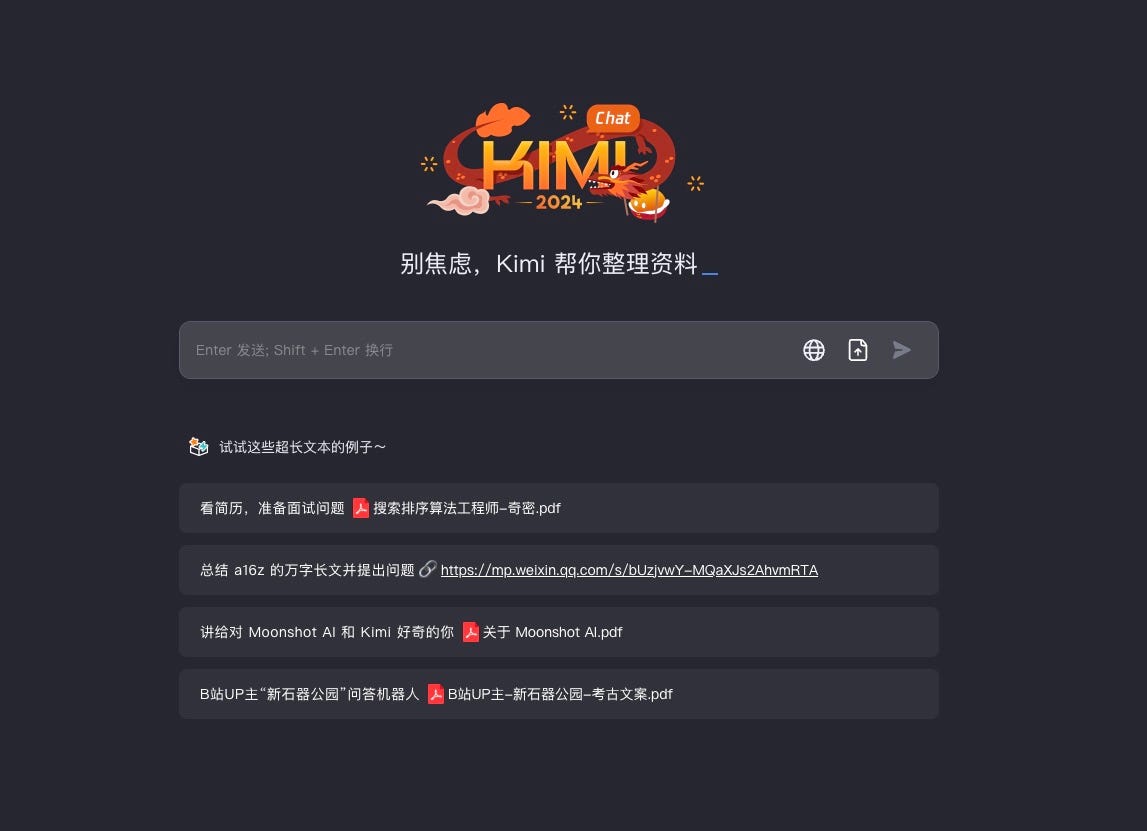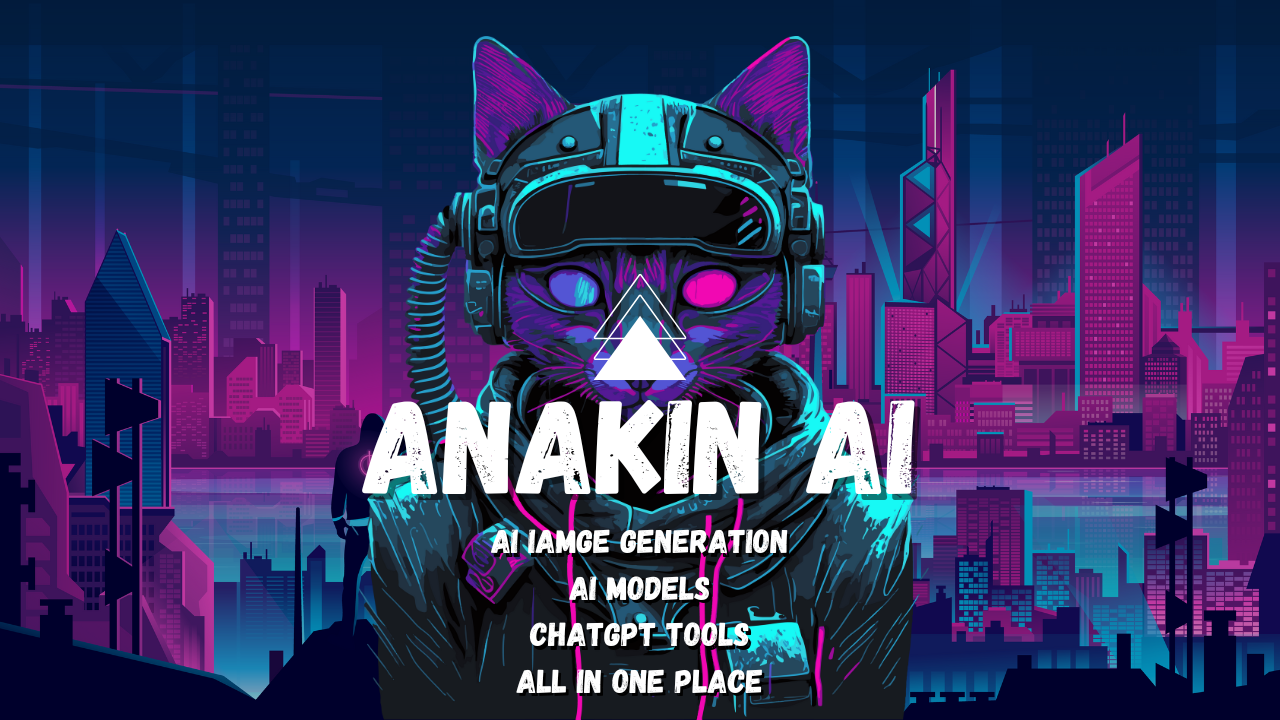The Rise and Controversy of Kimi AI: China's Answer to ChatGPT
Published on
In the rapidly evolving landscape of artificial intelligence, a new player has emerged from China, captivating users worldwide with its impressive language abilities while simultaneously igniting debates around ethical concerns and the implications of generative AI. Kimi AI, a powerful chatbot developed by the Beijing-based startup Moonshot AI, has taken the tech world by storm, garnering both praise and scrutiny in equal measure.

The Rise of Kimi AI
Kimi AI burst onto the scene with a bold promise: to revolutionize the way we interact with technology, particularly in the realm of natural language processing. Powered by state-of-the-art machine learning algorithms and a massive language model trained on vast amounts of Chinese text data, Kimi AI boasts an uncanny ability to understand and respond to human queries in Chinese with remarkable accuracy and contextual awareness.
From answering complex questions to assisting with research, writing, and analysis, Kimi AI has proven itself to be a versatile and indispensable tool for individuals and businesses alike. Its ability to process and comprehend long prompts, up to an astonishing 2 million Chinese characters, has made it a valuable asset in fields ranging from academia to journalism and beyond.
Funding and Valuation
Kimi AI's rapid rise has been fueled by substantial funding from some of China's tech giants. In a recent funding round led by Alibaba Group Holding and venture capital firm HongShan, Moonshot AI raised over $1 billion, marking the largest single financing raised by a Chinese AI startup since the release of ChatGPT in November 2022. This funding round valued Moonshot AI at a staggering $2.5 billion, a testament to the immense potential and interest in generative AI technologies in China.
Features and Popularity

One of the key features that have contributed to Kimi AI's popularity is its ability to process and understand long prompts, a capability that sets it apart from many other language models. This feature has expanded the chatbot's potential applications, from:
- Understanding and analyzing entire code repositories
- Automating multi-step tasks
- Making Kimi AI a powerful tool for developers, researchers, and professionals across various industries
Kimi AI's impressive language abilities have also captured the attention of users worldwide, leading to a surge in interest and adoption. However, this rapid growth has not been without its challenges, as Moonshot AI experienced a service outage in April 2024 due to an overwhelming influx of traffic, highlighting the immense demand for the chatbot and the need for scalable infrastructure.
Controversy and Ethical Concerns
Despite its success, Kimi AI has not been immune to controversy and ethical concerns. As with many generative AI models, there are concerns about:
- Potential biases
- Propagation of misinformation or harmful content
- Implications on industries like journalism, creative writing, and education
These concerns have sparked debates about the responsible development and deployment of these technologies.
Moonshot AI has acknowledged these concerns and has stated its commitment to addressing them through responsible development practices and ongoing research. However, the company's rapid growth and the inherent complexities of generative AI models have made it challenging to address these issues comprehensively.
As Kimi AI continues to evolve and gain traction, it will be crucial for Moonshot AI and the broader AI community to navigate these ethical considerations carefully, fostering transparency, accountability, and responsible innovation to ensure that the benefits of these technologies outweigh the potential risks.
Technological Advancements and Competition
Kimi AI's recent breakthrough in expanding its context window to process up to 2 million Chinese characters has further solidified its position as a frontrunner in the generative AI race in China. This advancement has enabled the chatbot to handle tasks that were previously unimaginable, such as analyzing entire financial reports, legal contracts, or even literary works, and providing insightful summaries and analyses.
However, Kimi AI is not the only player in the Chinese generative AI market. Competitors like Baidu's Ernie Bot and Alibaba's Tongyi Qianwen have also been making strides in their own language models and chatbots.
In response to Kimi AI's advancements, Baidu announced plans to update Ernie Bot to process up to 5 million Chinese characters, while Alibaba revealed that Tongyi Qianwen can handle texts of around 10 million Chinese characters. This intense competition has fueled a race among Chinese tech giants to develop the most advanced and capable generative AI models.
Global Landscape and Comparisons
While the progress made by Chinese generative AI chatbots is remarkable, they still lag behind global leaders like OpenAI's ChatGPT. In March 2024, ChatGPT recorded a staggering 1.86 billion views, remaining the world's most popular generative AI app, according to data from AIcpb.com.
However, the gap between Chinese and global AI models is narrowing rapidly. Kimi AI's surge in popularity, with nearly 12.6 million views in March 2024, allowed it to overtake Alibaba's Tongyi Qianwen and become China's second-largest chatbot, trailing only behind Baidu's Ernie Bot.
This intense competition and rapid advancements in the field of generative AI highlight the global race to develop the most sophisticated and capable language models, with implications that extend far beyond the realm of technology.
Future Implications and Responsible Development
As generative AI technologies continue to evolve, their impact on various industries and aspects of society becomes increasingly apparent. While the potential benefits are vast, ranging from streamlining research and analysis to enhancing creative endeavors, the ethical considerations surrounding these technologies cannot be ignored.
Issues such as potential biases, the spread of misinformation, and the implications for industries like journalism, creative writing, and education must be addressed proactively. Responsible development practices, fostering transparency, accountability, and ethical guidelines, are crucial to ensuring that the benefits of generative AI outweigh the potential risks.
Moonshot AI, along with other key players in the field, has acknowledged these concerns and expressed a commitment to addressing them through ongoing research and responsible development practices. However, the rapid pace of innovation and the inherent complexities of generative AI models present significant challenges in this regard.
As Kimi AI and its competitors continue to push the boundaries of what is possible with generative AI, it will be essential for the broader AI community, policymakers, and stakeholders to collaborate and establish robust frameworks for ethical and responsible development. By navigating these challenges carefully and proactively addressing potential pitfalls, the true potential of generative AI can be harnessed for the betterment of society while mitigating its risks.
